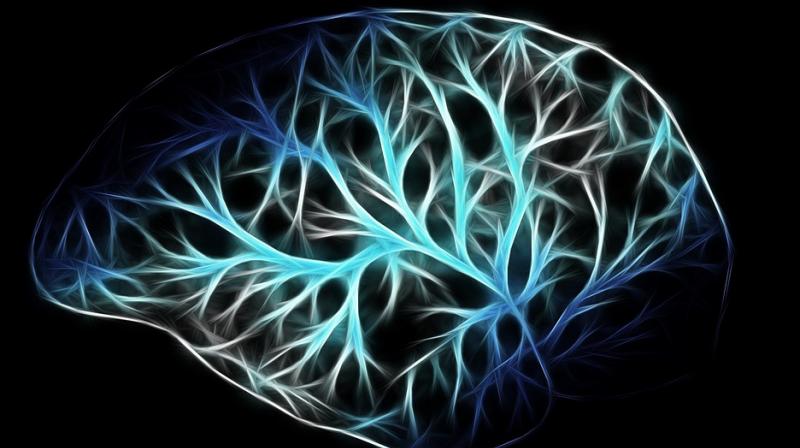Parkinson’s disease possibly originates in gastrointestinal tract

Parkinson’s disease has been attributed the clumping together of a protein called alpha-synuclein that are generally found at the ending of the nerve cells. When the protein clumps together, the nerve cells get damaged and it deteriorates the dopamine system and results in issues with movement and speech.
New research, conducted by John Hopkins University School of Medicine suggests that Parkinson’s disease may start off in the gut. The study was conducted on mice and it confirms the theory that the abnormally folded alpha-synuclein may originate in the gut and then eventually spread to the brain. This transmission happens through the vagus nerve, a nerve bundle that sends signals to and from the brain to several of the body’s organs, including the gut, reported The Guardian.
“It supports and really provides the first experimental evidence that Parkinson’s disease can start in the gut and go up the vagus nerve,” said Ted Dawson, professor of neurology at the Johns Hopkins University School of medicine and co-author of the research.
The research also discovered that the folding of the protein has similar effects on the brain of mice as well as humans, and the symptoms it causes in both are similar. “We have what we think is a really accurate [animal] model that can be used to work out mechanisms – but also to test therapies,” said Dawson.
Also Read : New method found to inhibit Parkinson's disease
Dawson reckoned the possibility of undoing the misfolds in the protein at the gut itself to stop Parkinson’s disease early on. Another reason the researchers believe that the disease origins in the gut is because those who had an appendicitis surgery early in life had a reduced risk of developing Parkinson’s disease later in life.
Through this experiment on mice, they also recorded a drop in dopamine levels in mice. It resulted in the progressive loss of neurons for seven months. The mice also showed a significant deterioration on their motor skills and also developed memory, behavioural and anxiety issues.
Through this research, it was discovered that when the proteins in the gut becomes misfolded, it results in a domino effect that led to the misfold of the same alpha-synuclein protein in the brain as well.
“This study adds support to a growing base of evidence [implying] that changes in the gut play a key role in the initiation of Parkinson’s, although it is not believed to be the only place where the condition may start,” said Dr Beckie Port, a manager at the charity Parkinson’s UK.
“By identifying and halting these changes before they reach the brain, we may be able to prevent the majority of Parkinson’s symptoms ever appearing and improve the lives of people who will be affected,” she concluded.

